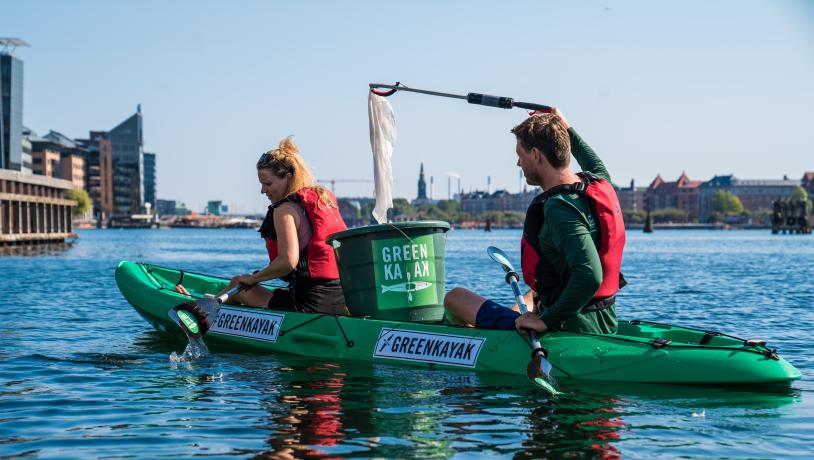Bicycle-friendly Copenhagen
397 km of bicycle paths, bike bridges, cycle superhighways and many other innovative solutions make Copenhagen the world’s most bicycle-friendly capit...

Considered one of the most sustainable cities in the world, Copenhagen has in total 397 km of bicycle paths, a fleet of electric harbour ferries and a majority of the hotel rooms around town are eco-certified.
In the Danish capital, you can ski down the roof of a waste-to-energy plant, take your bike on car-free bicycle bridges, and go for a dip in the harbour’s 10 public bathing zones.
Copenhagen has a long-standing tradition of pursuing green solutions. As a result, the Copenhagen of today has founded a range of sustainable development initiatives and continues to do so and the locals believe in it too. In a survey from Time Out in 2021, 27,000 city dwellers voted on how sustainable they thought their own city was, and Copenhagen came out on top. The Arcadis Sustainable Cities Index has placed Copenhagen in fourth place in 2024. They rank 100 of the world’s cities under three pillars of sustainability: Planet, people, and profit.
Green initiatives in Copenhagen include offshore wind turbines in the Øresund Strait between Denmark and Sweden, an increasing number of electric busses, waste-removing initiatives and ‘green wave’ traffic lights for cyclists - with digital countdowns and footrests at junctions. Wonderful Copenhagen also launched the green initiative CopenPay in the summer of 2024, getting tourists to act more sustainably by letting them pay for a variety of Copenhagen attractions with climate-friendly actions.

Photo:Daniel Rasmussen
Read more about the green initiative CopenPay that took place in Copenhagen during the summer of 2024.
Sustainability plays a big role in Danish architecture’s DNA. To read more about this click below.
Download a selection of pictures related to sustainability in Copenhagen. Press photos - sustainability in Copenhagen. The photographer must be credited.

Senior Manager – Press & PR